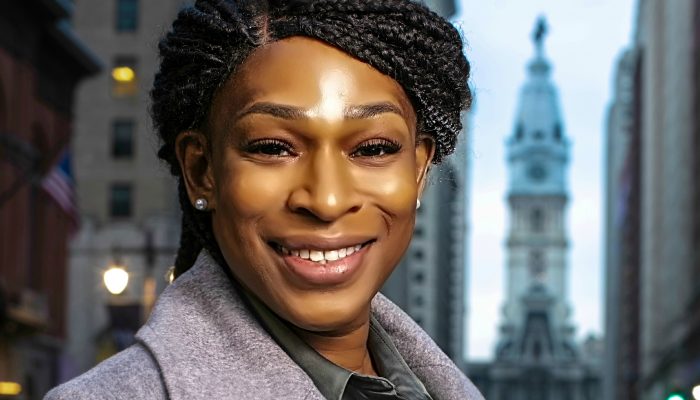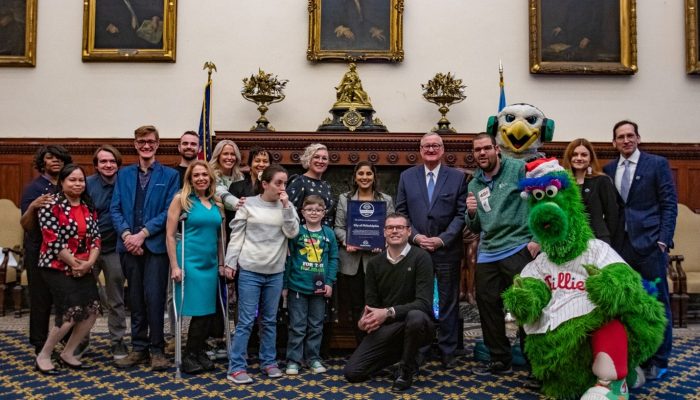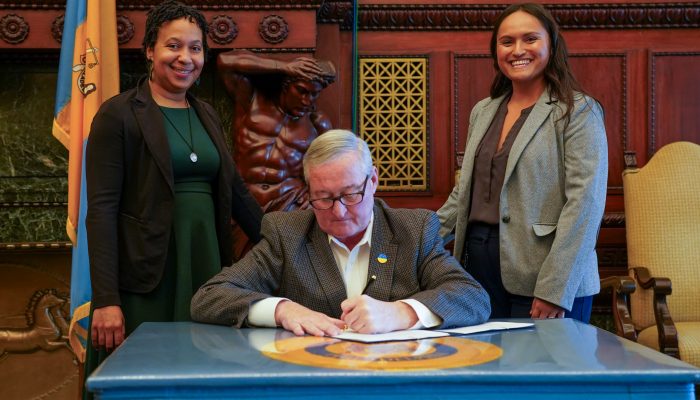This post was written by Celena Morrison, Executive Director, Office of LGBT Affairs.
Black History Month is a time devoted to understanding, open dialogue, and celebrating the contributions of Black culture. An opportunity to expand the Black narrative. Black History Month teaches us to use history as a blueprint for continuing courageous strides towards freedom. As February comes to a close, it is important to remember that there is still a need to keep that momentum going.
It is critical that we continue to have open dialogue and celebrate the achievements of Black people, communities, and organizations that have too often been omitted from American history. When teaching or discussing the historical contributions of Black people, the contributions of Black trans people need to be integrated into the conversation. When centering the Black community, intersecting social identities and their related systems of oppression and discrimination must be acknowledged. Continue to shed light on the ongoing epidemic of anti-transgender violence and honor the trans people who were violently killed. It’s on all of us to fight for change at every level and take action to support trans people. We must work to dismantle the stigma that so many in the Black trans community face and bring this epidemic of violence to an end.
We can no longer talk about Blackness without acknowledging how race interacts with gender, sexuality, ability, socioeconomic status, and other aspects of identity to create multi-layered Black experiences that are often stigmatized and ignored. This includes trans people who identify outside the gender binary and trans people with disabilities.
Honoring the past is senseless if we fail to apply its lessons to the future. If the work toward justice and equality for our Black communities does not include Black Trans experiences and voices, it is anti-Black.
The Office of LGBT Affairs will continue to recognize and elevate the voices of those who face ongoing systemic and structural oppression: trans and non-binary individuals, people of color, immigrants, elders, people with disabilities, youth, and those who live at the intersections of these identities.
Here are five ways that you can show Black Trans Lives Matter—not just during Black History Month, but all year long:
- Donate to Black trans-led organizations.
- Support the trans community members doing the work to minimize violence against Black trans people.
- Provide care, resources, and opportunities for Black trans people to thrive within our communities.
- Create spaces of gender self-determination, where trans identities are not stigmatized.
- Adjust hiring practices to eradicate unconscious bias.




